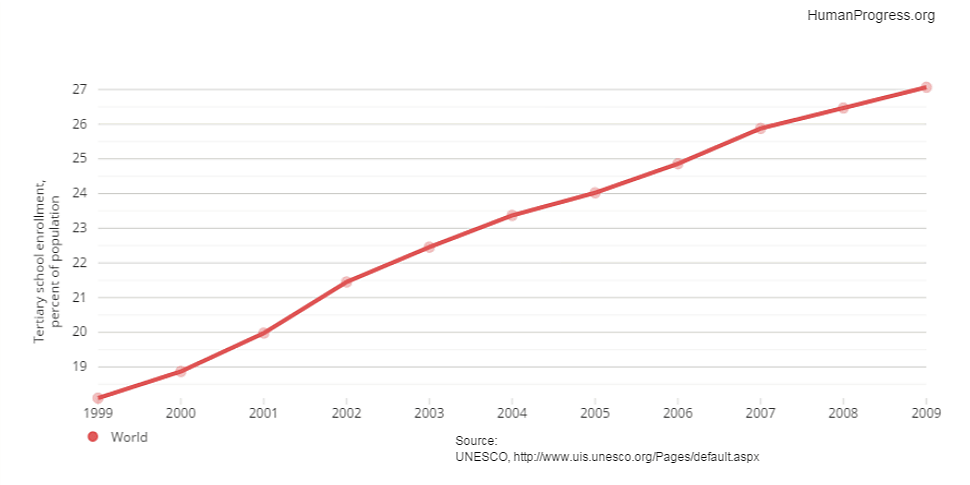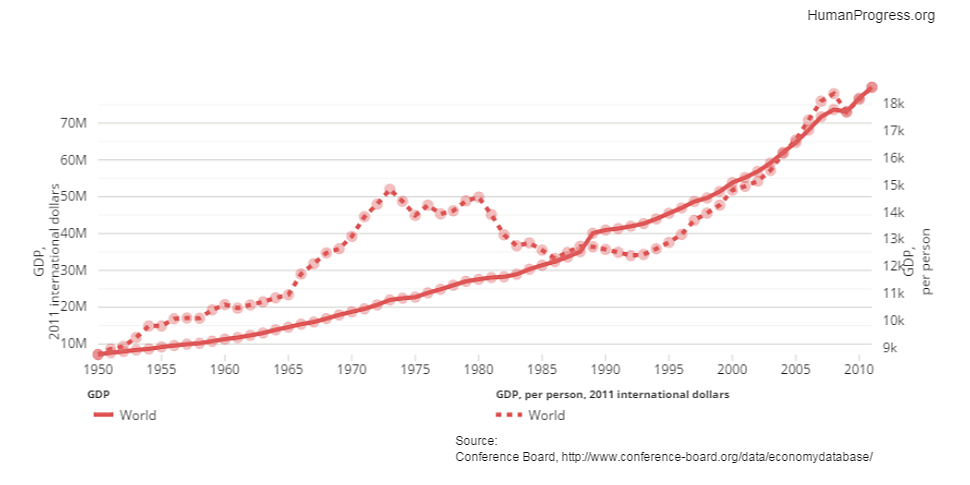Here are the final five essays in the Cato Institute’s online forum on reviving growth:
1. Reihan Salam wants to end the bias in favor of corporate debt — and expand school choice.
2. Peter Howitt calls for flat taxes on consumption and wealth.
3. Ben Wildavsky thinks we are subsidizing the wrong college students.
4. Philip Auerswald targets barriers to home healthcare delivery.
5. George Selgin explores alternatives to the monetary policy status quo.

